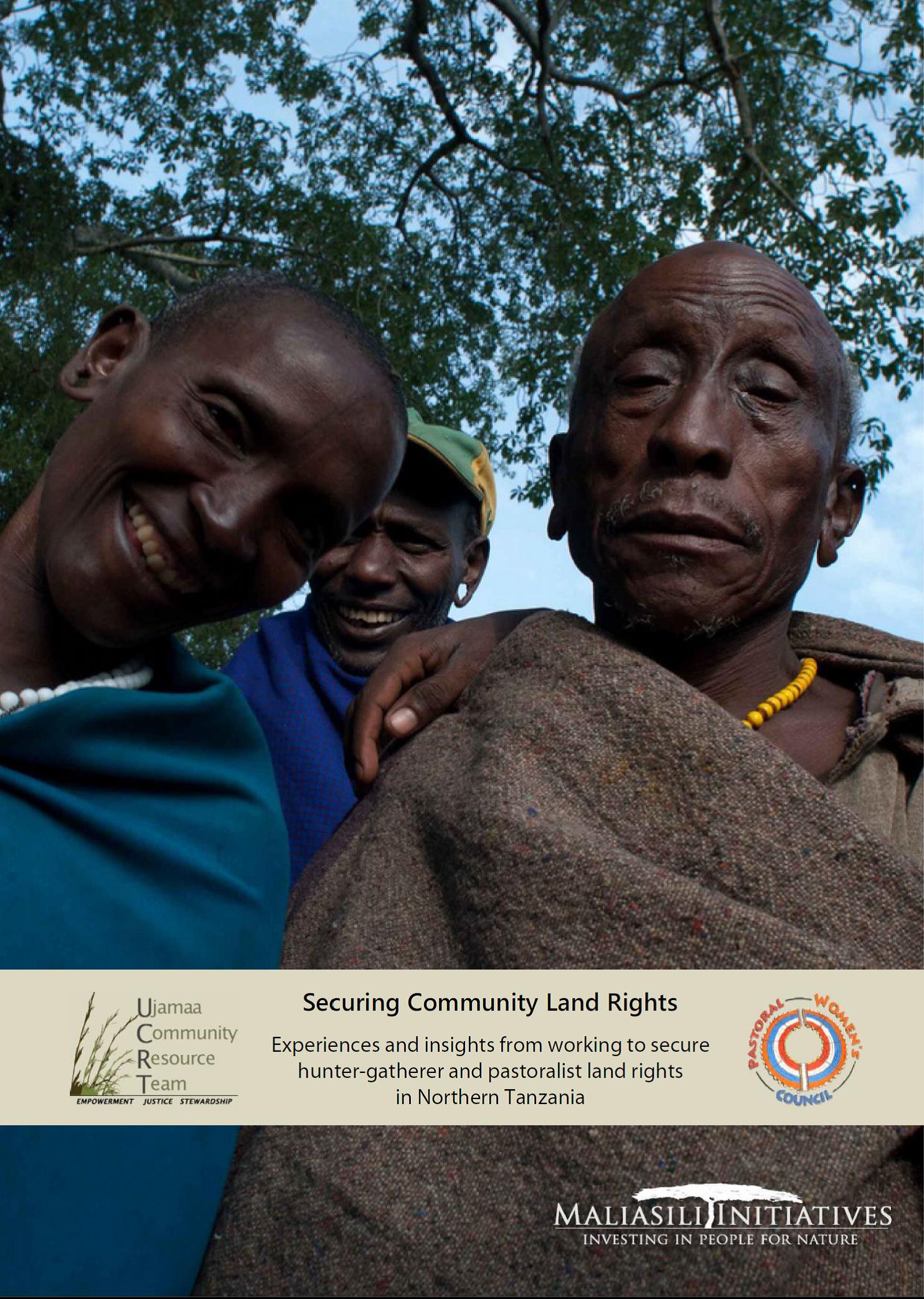Land Security in Rural Thailand: Evidence from a Property Rights Reform
In the 1980s, the Thai government legalized squatters living in public land by issuing certificates that allowed self-cultivation but restricted the sale and rental of the land. Using a differences-in-differences empirical strategy, we compare the differential rental rates between titled and untitled plots in reform and non-reform areas.




